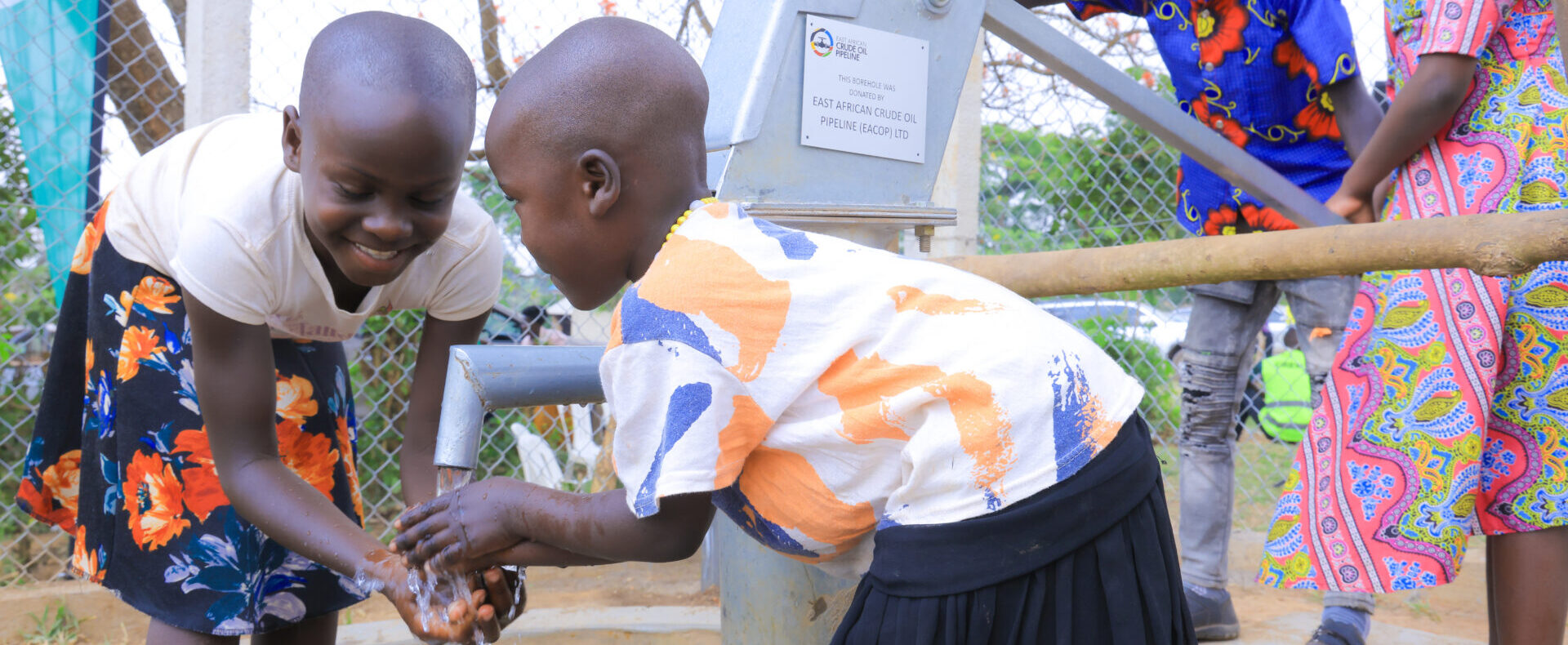Unlocking East Africa’s Potential

Feedback from communities along the pipeline has identified the limited supply of water for domestic use and for livestock as affecting the health and wellbeing of community members, particularly women, children and vulnerable ethnic people self-identifying as indigenous people.
The water solution project will focus on two regions directly affected by the EACOP Project and will assess the availability, access and quality of water with priority being given to regions with more pronounced water scarcity.
The following criteria is being used in identifying beneficiaries: water availability in priority regions; functioning and repair requirements for water source points; institutional capacity; permitting requirements and opportunities for EACOP to repair existing infrastructure or develop new infrastructure.
The outcomes are then used to inform investments in water infrastructure and community access to clean water ensuring a comprehensive and sustainable rollout over time.
Fifteen (15) boreholes have been constructed and Eleven (11) boreholes have been rehabilitated as part of efforts towards safe water provision, in addition to the five new boreholes have been drilled in communities along the right of way considered to be water stressed. The local water user committees have been trained on the operation and maintenance of the wells, bringing access to clean and safe water to 345 households located in Lwengo, Sembabule, Mubende, Kyankwanzi, and Kakumiro Districts.
Ten (10), rainwater harvesting tanks have been provided for villages where groundwater potential is low with dry wells. Gender assessments have been undertaken to integrate the interests and protection of women into the design and operation of the water resources (e.g. in the safe location of boreholes and representation on water user committees).

© 2025 East African Crude Pipeline – All Rights Reserved
Course View Towers,
Plot 21, Yusuf Lule Road
P. O. Box 135596,
Kampala, Uganda
Tel: +256 (0) 204 916 000,
Toll Free: 0800 216 000
Email: [email protected]
18th Floor, 10 Upper Bank Street, London, United Kingdom E14 5BF
Msasani Penninsula,
Plot no. 1403
Bains Avenue off Chole Road.
P. O. Box 23139,
Dar es Salaam, Tanzania
Email: [email protected]